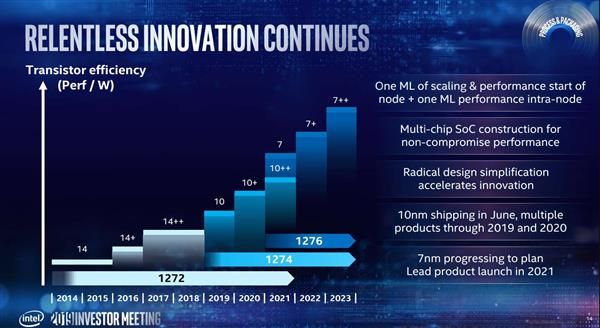It seems that the 7nm node will take 2 years to reach Intel when Meteor Lake will land on the market. It is equivalent to the 13th generation of desktop processors and will arrive between 2022 and 2023.
The manufacturing process transition is much slower at Intel than at AMD, since the latter will offer processors based on a 5nm process next year. Meanwhile, Intel will only be able to offer us a 10nm node in Alder Lake-S, which will come in 2021.
Intel Meteor Lake will be the processor family with 7nm
It seems that Intel has made a small slip by unveiling this family of processors before its time. Although we do not have the specifications of this family, Intel revealed the name of Meteor Lake in a job offer where software development engineers are being sought for new products.
One such product is Granite Rapids, which is the successor to Sapphire Rapids, a micro-architecture that will be introduced for servers and enthusiasts in 2021 along with the 10 nm process. Thus, Granite Rapids will succeed it in 2022 with a 7nm process and will use Golden Cove cores.
On the other hand, we have Meteor Lake, identified as a high-performance product. In this case, it is the 13th generation of Intel processors, which will come in a 7nm process and will succeed Alder Lake. In theory, in 2023 Intel was going to offer a 7nm++ node.
It is expected that both Alder Lake and Intel Meteor Lake will be supported in a different socket than the LGA1200 since the latter will only support Comet Lake-S and Rocket Lake-S, both families will arrive in 2020 and with a 14 nm process.
Also, we must take into account the use of the different cores that Intel taught in its roadmap. Alder Lake would come with the novelty of a heterogeneous design with large and small cores, a duo formed by Golden Cove and Gracemont cores.
Alder Lake-S would come out in 2021, between the first and second half, as Intel has been launching products before. However, the news is the 7nm process in Intel chips, something that seems a chimera, given what has been seen.
It would be the first time in the company’s history that EUV technology was used, so we are sure it will bring considerable performance improvements. In contrast, AMD has been using such technology for some time now.
